In this life, money can buy a lot of things—but it can’t buy a soul (mind, will and emotions behind products and solutions).
Sit well, sip something, and let’s journey back to the late 2000s when Mark Zuckerberg didn’t just want to compete with Twitter—he wanted to kill it.
Not figuratively. Literally. Let me give you the gist
The 2008 Power Play: Zuck’s Big Move
It was October 2008.
Facebook was the big boy on the block—already flying past 100 million users.
Twitter? Small pikin. Just 11 million users.
But somehow, this small bird was giving Zuck sleepless nights.
You see, Zuckerberg wasn’t just paranoid because he saw something.
Something dangerous. Something he couldn’t clone.
Twitter wasn’t just another app. It was fast. It was loud. It was real-time.
If a story broke on Twitter, it broke everywhere.
So, Zuck came knocking—not with war, but with a $500 million olive branch.
The type of branch that comes with a silent message:
“I want to buy you… and shut you down quietly from the inside.”
Classic tech mafia move.
The First Dance: Jack Dorsey, Emails, and Near Betrayal
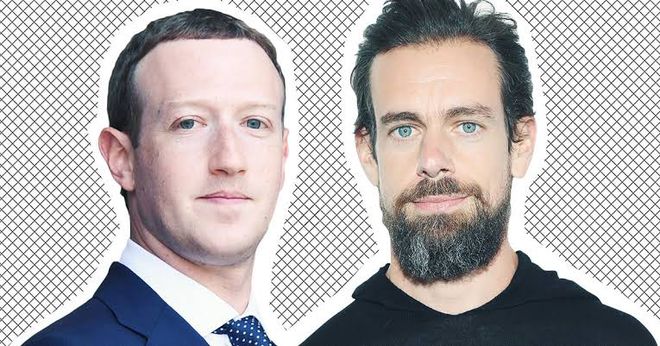
Zuck spent months quietly working on Jack Dorsey, Twitter’s co-founder.
Emails.
Meetings.
Gentle pressure.
The kind that smells like opportunity but tastes like manipulation.
His underlying message?
Facebook can easily crush you if we switch on the heat. But hey, why not join us instead?
But life has a sense of humor.
Just when Zuck thought he had a deal, Jack Dorsey was pushed out as CEO.
Ah.
Wrong target.
The Real Shot Callers: Ev Williams and Biz Stone
The baton was now with twitter co-founder, Ev Williams and Biz Stone. So, Zuck recalibrated. He invited them to Facebook HQ. When they arrived, they were polite. They listened. They even gave him a number: $500 million.
Zuck didn’t blink. He was ready. But what happened next?
Ah, Omo. That one sweet me.
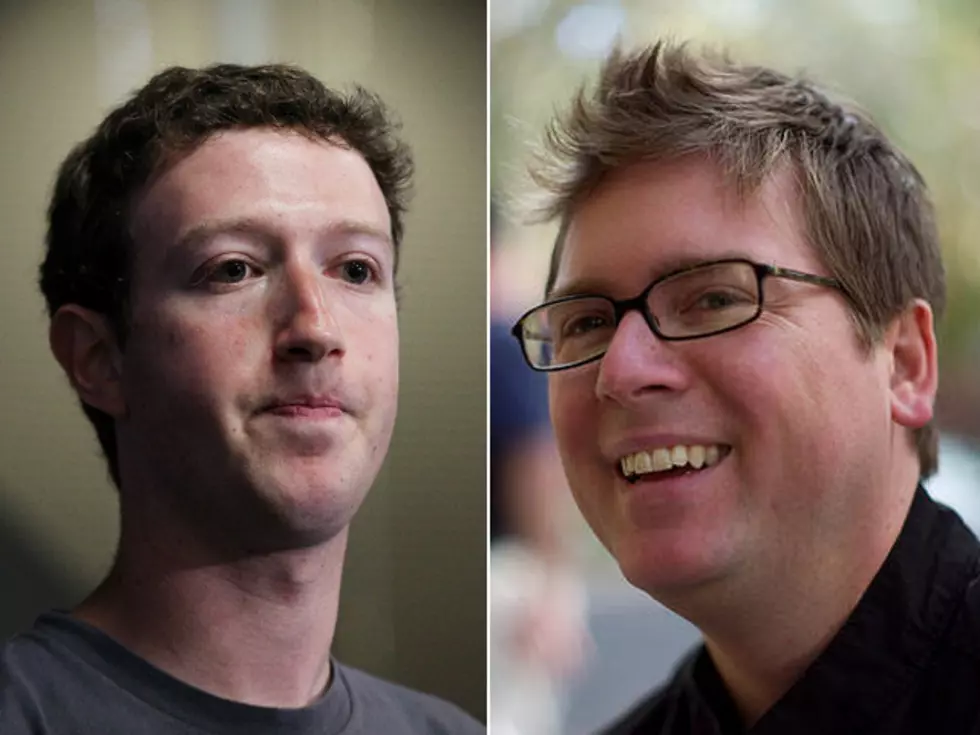
Right in front of Zuck, Ev Williams began composing an email to Twitter’s board.
He typed:
“There are three reasons to sell a company: the offer is too good, a competitor is closing in, or you get the chance to work under someone exceptional.”
Then he paused… And typed the dagger:
“We’ve always believed Twitter is worth at least a billion. Maybe several times that.”
“I have serious doubts about Facebook’s people and their way of doing business.”
And just like that—Zuck’s game crumbled.
The icing?
Ev Williams looked him in the face and said:
“I don’t use Facebook.”
Not just a no. A personal no.
“There are three reasons to sell a company: the offer is too good, a competitor is closing in, or you get the chance to work under someone exceptional.”
Why Zuck Wanted Twitter
Let’s be honest. Zuck was scared.
Twitter had something Facebook didn’t:
Real-time global influence.
Cultural magic.
Movements that could shake governments.
Zuck’s Facebook was designed for friends, families, and status updates.
Twitter? Twitter was designed for history.
He later tried to copy their playbook:
- Follow buttons
- @-mentions
- Hashtags
- Trending topics
He even launched Threads in 2023—a whole platform to mimic Twitter (now X).
But no matter what Facebook (now Meta) did, they couldn’t replicate that Twitter sauce.
Some things can’t be bought. Some things can’t be cloned but you can’t copy culture. You create culture
The Lessons We Must Never Forget
The Twitter vs. Facebook rivalry gave us wisdom nuggets hotter than fresh puff-puff.
1. Money is not always the answer.
There are things that money can’t buy—like authenticity, culture, and real-time influence.
2. Vision matters.
Ev Williams believed Twitter was worth more, even when they were still a small bird and Over a decade later, Elon offered to buy the same twitter for 44 billion dollars. Williams was right. Faith in your own story can outlive any fat cheque.
3. Copycats don’t always win.
Zuck copied the features but Twitter owned the vibe.
4. Stay true to your game.
Zuck wanted to control the narrative. Twitter wanted to let the streets talk. Guess who is winning the cultural war?
5. Your refusal can become your revolution.
Saying no—when it’s a loud yes to your own vision—can birth a legacy.
Zuck offered them $500 million twice and they walked away twice. The second time wasn’t even discussed. It was dead on arrival.
Even though the bird has now become X, even though the battles continue—one thing is clear:
Real visionaries don’t sell their soul for a quick payday. They build legacies. They shape culture.
Sometimes, the most powerful move isn’t a billion-dollar deal. It’s the simple, confident word: NO.

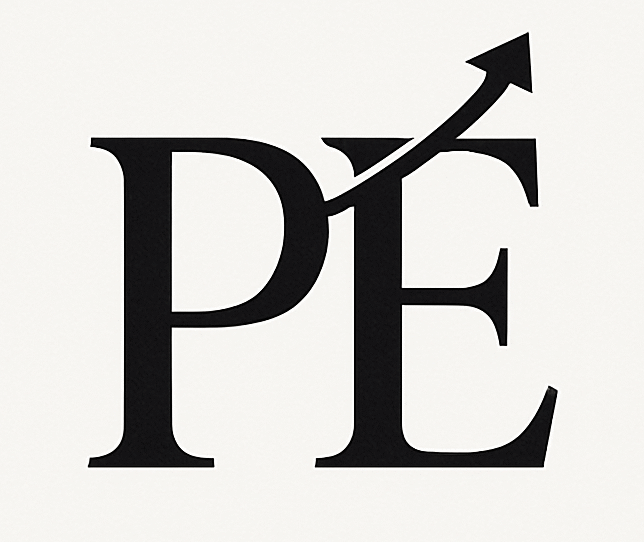
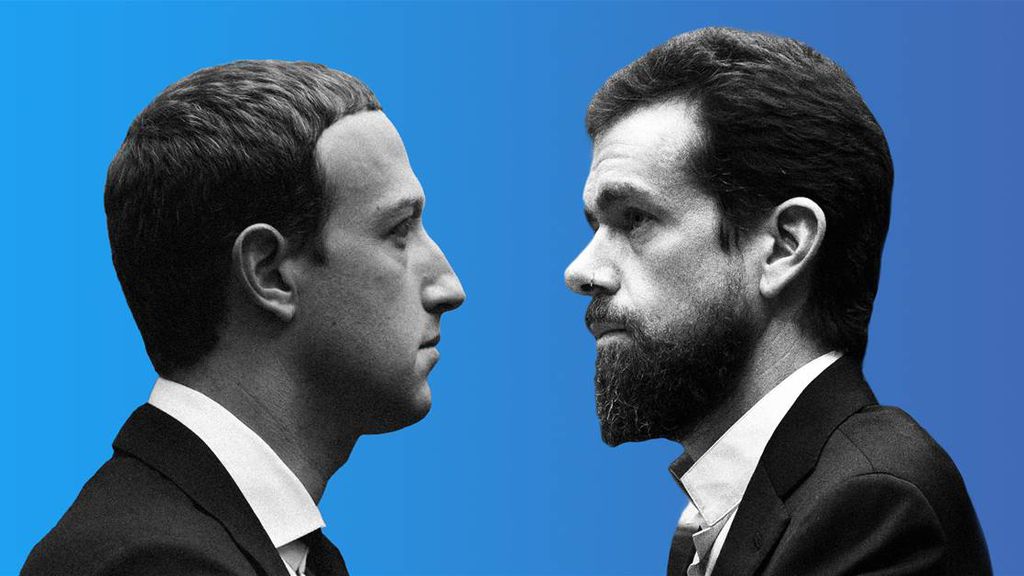

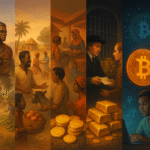
I enjoyed reading this and learnt a lot too. Thank you, Coach Phil.
Believing in my vision is truly important. It’s that confidence in my vision that inspires every action I take.
Absolutely correct and I love the great work you are doing at Nommy’s Bites… The vision will speak louder in due season